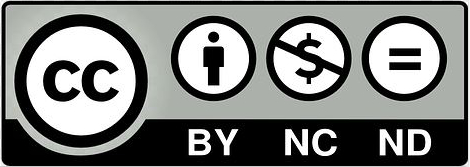
Vorgesehener Endnutzer: Schulleiter
Altersgruppe: Untere Primarstufe; Obere Primarstufe; Untere Sekundarstufe; Obere Sekundarstufe
Themen und Fragestellungen: Collective Action, School Leadership
Dauer: Ongoing.
Art der Ressource: Leitlinien & Hinweise, Referenzdokument
Schlüsselwörter: Experiments, School Development, School Heads
Sprachen: Englisch
Beschreibung
You can stimulate teachers using the evidence from research to design and perform small scale experiments. If teachers get the opportunity to discover what is working in their own situation and are also invited to figure out why it works, it can become part of their professional knowledge and instructional repertoire and therefore it leads to sustainable educational improvement.
Teachers can learn by experimenting, especially if they do this together. This resource is designed to support School Leaders in harnessing the professional experience, inquisition and research skills of the school teachers to help support sustainable educational improvement.
Wie Sie diese Ressource nutzen können
This HEADstart resource addresses the questions of ‘why it is important to work with small scale experiments?’, ‘what is needed to work with small-scale experiments?’ and provides three steps to be taken for conducting an experimental design:
- Step 1: Choose a theme and find out who wants to set up an experimental design
- Step 2: Set the frame of references
- Step 3: monitor progress and evaluate
Die Ressourcen
Stimulating teachers to conduct small scale experiments for school development (PDF):
Additional resources from the ESHA HEADstart series are available on the HEADstart – Guidelines for School Leaders webpage.
Lernergebnisse (Leadership)
- eine Reihe von geeigneten Instrumenten und Rahmenwerken zur Förderung des bürgerschaftlichen Engagements für Nachhaltigkeit in ihren Schulen und Gemeinden anzuwenden.
- Through workshop activities and communities of practice, build capacity as Sustainability Citizenship educators and leaders.
Grüne Kompetenzen
- Komplexität in der Nachhaltigkeit berücksichtigen: Critical Thinking
- Visionen für eine nachhaltige Zukunft: Forschendes Denken
Creative Commons

This resource was created by ESHA and is to be used for non-commercial purposes. No derivatives or adaptations of the work are permitted.
SDGs


